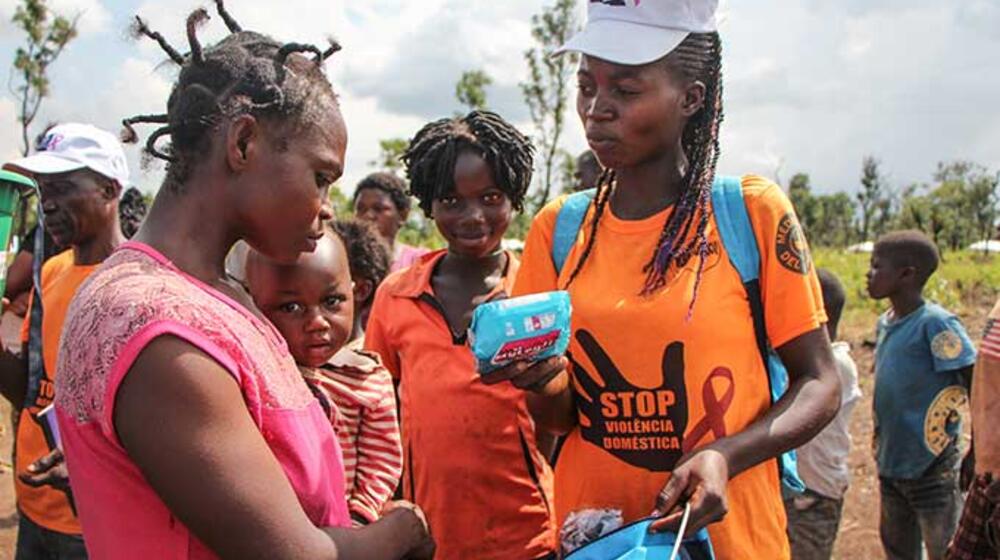
Menstruation is inarguably a natural part of a woman’s health cycle, but for those who live in underserved areas, it’s their most dreaded time of the month.

But even without overt taboos, women and girls face stigma and ridicule that contribute to their exclusion from school and opportunities. “A report from Uganda brings out the fear of teasing by classmates as a reason for absenteeism,” the authors noted.
Global studies show a link between menstruation and lost wages. Women around the world experience limited access to sanitation facilities in the workplace.

The cost of menstrual products exacts a toll on the health and safety of vulnerable women and girls.
“Some studies from Kenya find that schoolgirls engage in transactional sex to pay for menstrual products, particularly for the younger, uneducated, economically dependent girls,” the report says. Transactional sex increases girls’ risk of experiencing violence, sexually transmitted infections and other threats.
The cost of menstrual products may also contribute to the perception that daughters are economically burdensome.

And the serious health consequences of menstruation including menstrual disorders, known as dysmenorrhea are too often neglected. The report finds that dysmenorrhea is a major complaint among adolescents, yet few seek medical care. This, too, affects school attendance, economic participation and quality of life.